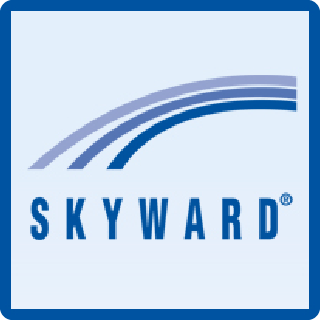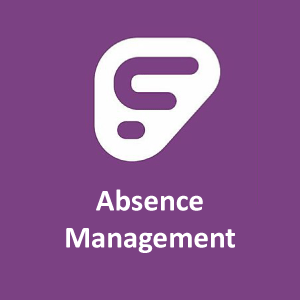


Garland ISD Making Strides On Behalf Of Students
Through purposeful planning and a collective approach, Garland ISD has seen immense growth in the amount of students considered college, career and military ready (CCMR) upon graduation.
This article was originally published online by the Commit Partnership.
At over 50,000 students, Garland ISD is one of the largest independent school districts in not just Dallas County, but the state and country, roughly equivalent to the size of Boston or Atlanta public schools.
And in 2025, 15% of their high school graduates – over 500 students – graduated with their associate degree, debt-free. According to national research, students with an Associate degree will make at least $425,000 more in additional earnings during their lifetime compared to only a high school degree.
Clearly something special is happening in Garland. This is a remarkable achievement for an urban district of Garland’s size and demographic makeup – over 70% of students are considered economically disadvantaged, ten points above the statewide average. It is also one that could not have happened in isolation, but instead reflects years of strategic investment and innovation.
Prioritizing Postsecondary Readiness and Success
Through purposeful planning and a collective approach, Garland ISD has seen immense growth in the amount of students considered college, career and military ready (CCMR) upon graduation.
This is driven in part by the early college offerings (in partnership with Dallas College) that have allowed 15% of students to graduate with an associate degree at no cost to the student. But this effort extends beyond dual credit classrooms to every student in the district. Some examples of this work include:
- Monthly CCMR meetings at the district level reporting on progress toward campus-specific goals
- Intentional efforts to promote postsecondary readiness in middle school, culminating in summer transition plans for all 9th graders attending P-TECH or Early College High Schools
- Dedicated college readiness training for all teachers and staff
- Strong instructional coaching aimed at identify students’ priority areas and achievement gaps
- Major expansion of Career-Technical Education (CTE) offerings leading to nearly 90% of Garland students taking at least one CTE course
- Intentional restructuring of Dual Credit pathways, aligning teacher and advisors to data to support more students attaining higher levels of dual credit coursework
These efforts have resulted in a six percentage point increase in the amount of students meeting Texas Success Initiative standards by assessment in reading and math from 2024 to 2025. This is an especially important metric because it ensures students do not need to attend costly remedial courses once in college, bolstering their chances of persisting to complete a credential.
Expanding Access to Rigorous Curriculum and Instruction
The district is also providing an exemplar for the region and state in their proactive implementation of statewide policies that put student outcomes at the forefront. As two examples:
- The district was an early adopter of high-quality instructional materials ahead of a major state investment in 2023. These rigorous curricula ensure students are held to grade-level expectations while reducing the workload of teachers who would otherwise need to source them.
- The district has also actively sought to expand access to advanced math pathways to high-performing middle schoolers as outlined in Senate Bill 2124. Now, over 40% of 8th graders take Algebra I and over 80% of these middle schoolers meet grade level standards – setting them up to take college-level math coursework in high school.
As a result of these efforts, the district has seen growth across nearly every STAAR-tested subject and grade level over the past three years. As just one example, the district has not only grown three percentage points in Algebra I over the past three years, but has outperformed the state average in this crucial subject every time. Additionally, 2025 A-F ratings from the state showed Garland with the highest A-F score of any district in Dallas County serving a student population primarily experiencing economic disadvantage.
Recruiting and Retaining High-Quality Talent
Finally, the district should also be commended for their strategic evaluation and compensation of their educators. Specifically, beginning in 2021, the district began a yearslong effort to implement the Teacher Incentive Allotment.
By developing a local multi-measure evaluation system for their educators, and verifying their evaluation data aligned to student outcomes, the district began drawing down new funding from the state that went directly into the salaries of the district’s most effective educators beginning in the Fall of 2023. By the next school year, the district reported a lower teacher turnover than the statewide average for the first time since the COVID-19 pandemic.
Running through each of these systemic changes is a commitment to keeping academic success for students at the center of all decision making.
“Our students have so much potential,” said Garland Supt. Ricardo López, “It’s our job to ensure they have access to the opportunities they need to fully realize that potential, and we won’t rest until we’re confident those opportunities are in place for every child that walks through our doors.”
From the data, it’s clear that more of those opportunities are being put into place each year, and for that, the district and its leadership should be applauded.











